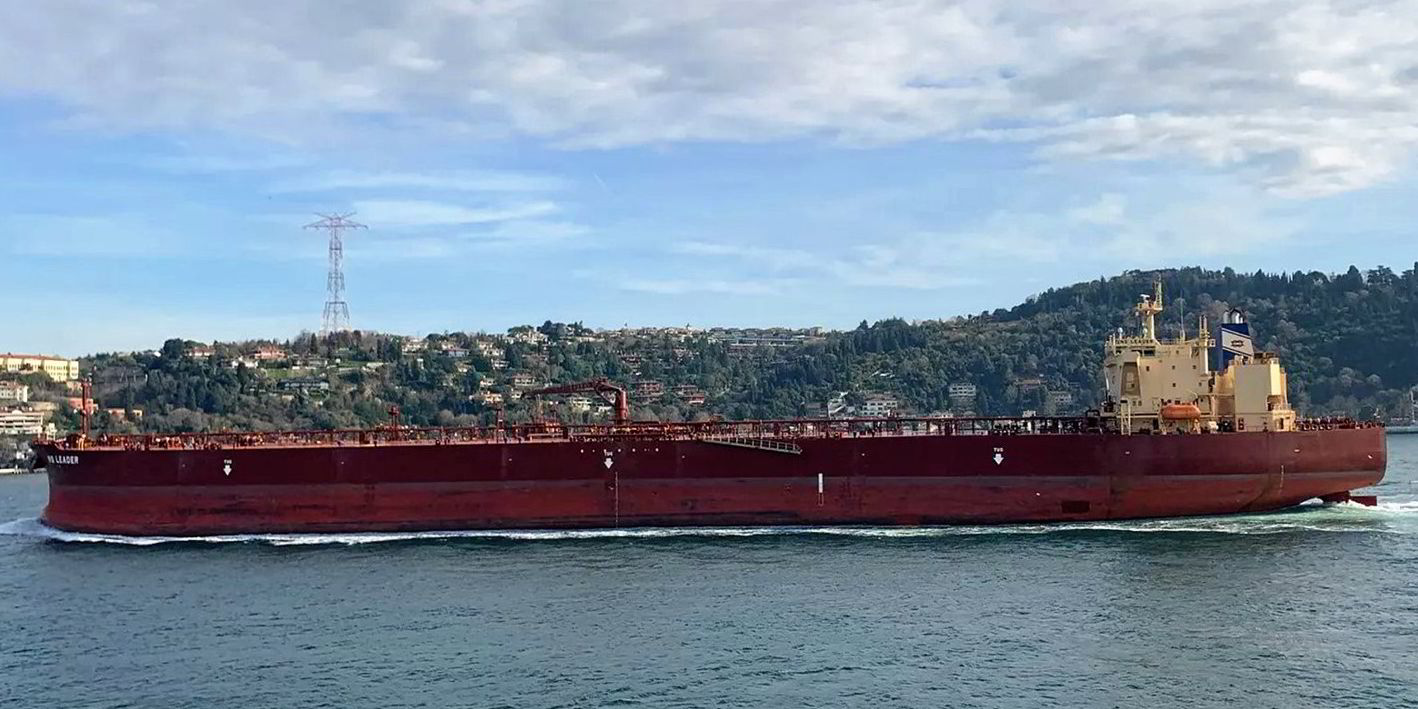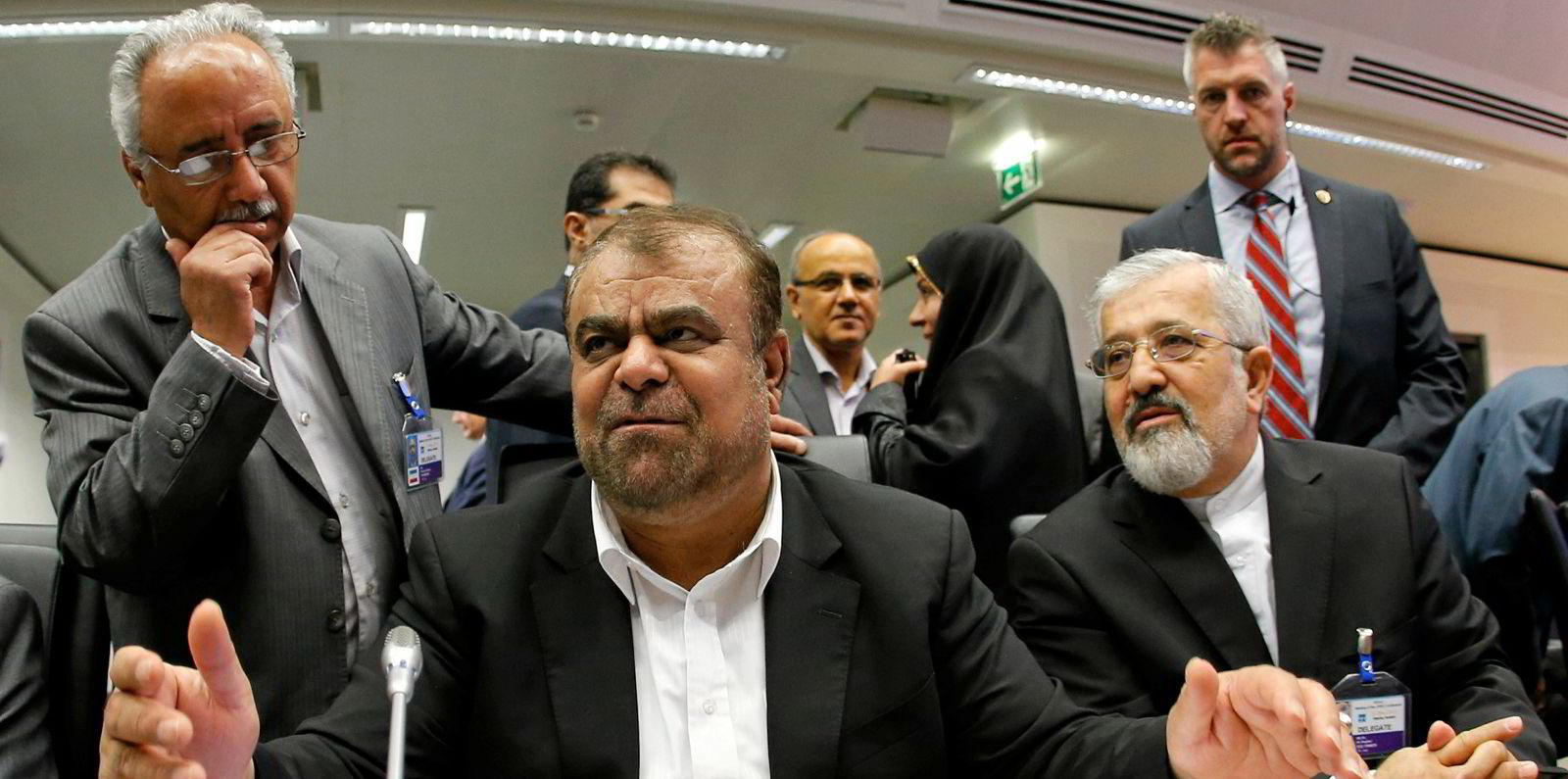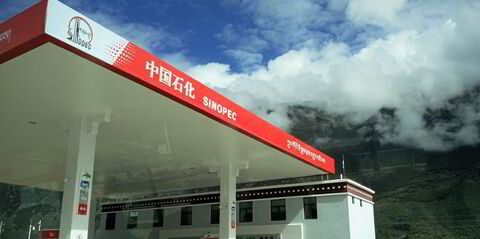A Sovcomflot tanker performed an abrupt U-turn off the coast of Portugal hours after being blacklisted by the US, ship tracking shows.
The change of direction by the 115,900-dwt NS Leader (built 2007) while en route to the Baltic Sea port of Primorsk followed US allegations that it hauled Russian crude above the price cap price, at $80 per barrel.
The ballasting ship turned around on Friday and was back in the Mediterranean Sea early on Monday, Kpler tracking showed.
The NS Leader is one of seven Sovcomflot-controlled ships that have been hit by US sanctions since October for alleged price cap breaches.
The cap was set up in December 2022 alongside a European ban on Russian crude imports. It barred G7 service providers from involvement in Russian shipments of crude to countries outside the European Union unless the oil was sold below $60 per barrel.
The vessels are all believed to have been targeted because of their links to US services, through the Liberian registry, which has registered offices in the country. Most of the seven have now reflagged with Russia, according to Equasis.
None of the ships have loaded oil from a Russian port since being hit by sanctions, the data suggests. The NS Leader was the last to load in Russia at Primorsk in December and discharged its cargo in India last month while it was not under sanctions.
The 115,700-dwt Kazan and 114,700-dwt Ligovsky Prospect (both built 2003) headed for the Far East Russian port of Nakhodka from the southern port of China in late December but have been inactive since then.
The 118,100-dwt Viktor Bakaev (built 2013) and 157,300-dwt suezmax SCF Primorye (built 2009) have sat in the Black Sea for weeks. The 110,000-dwt NS Champion (built 2005) has remained off the Baltic port of Ust-Luga since 8 December, days after it was sanctioned by the US.
Only the 105,700-dwt NS Century (built 2006) remains loaded with oil after an aborted voyage to India and remains off the coast of Malaysia, where it has been since early January, the data suggests.
US Treasury official Brian Nelson said on Thursday: “Russia’s top energy official admits that the coalition’s price cap and our sanctions have led to widening discounts on Russian oil, limiting the revenue the Kremlin relies on for its illegal war.”
Read more
- Sanctions second to decarbonisation as shipping’s biggest challenge, says NorthStardard
- Russia claims to foil Ukrainian attack on civilian ships in Black Sea
- Podcast: How a suspected oil slick off Brazil is just the tip of the iceberg
- Detained shadow tanker released after Russian crew pay dispute
- ‘We’re not villains,’ insists American Club after Iran-linked ships found on its books
- ‘We’re not villains,’ insists American Club after Iran-linked ships found on its books




